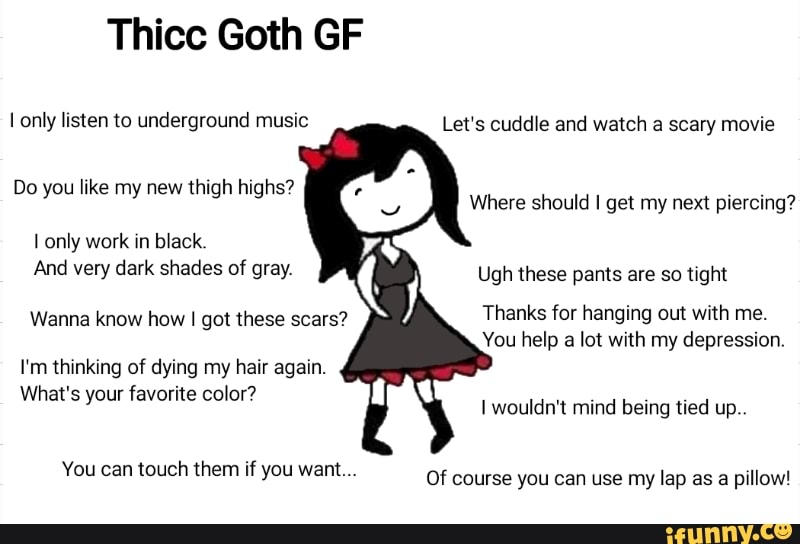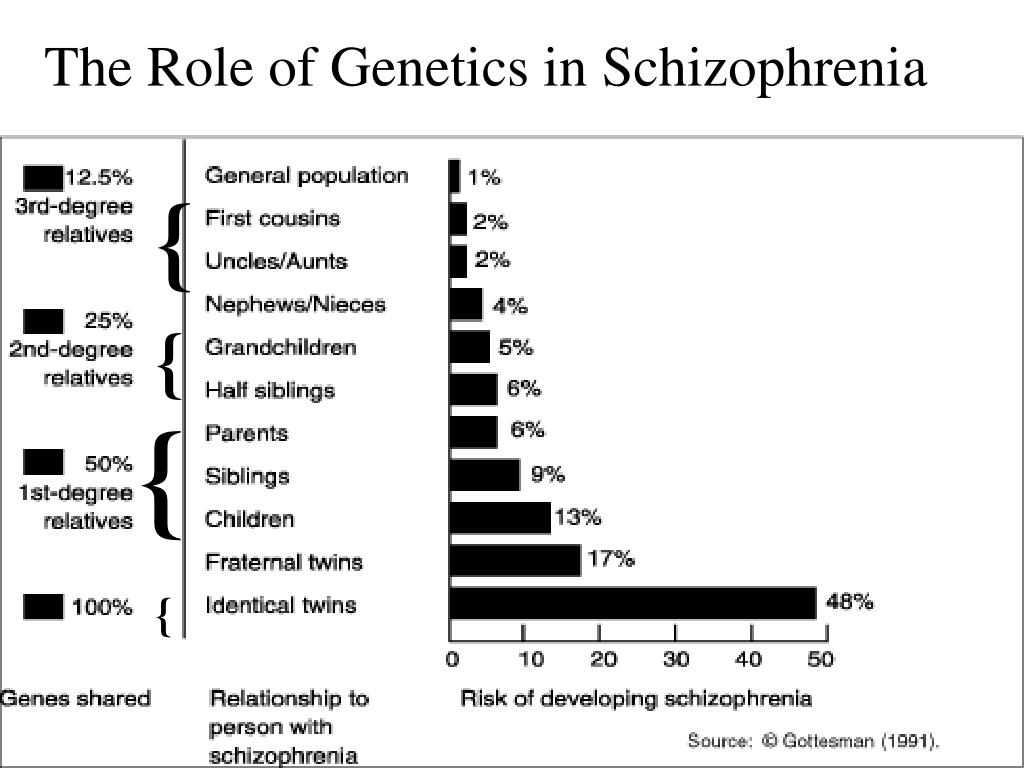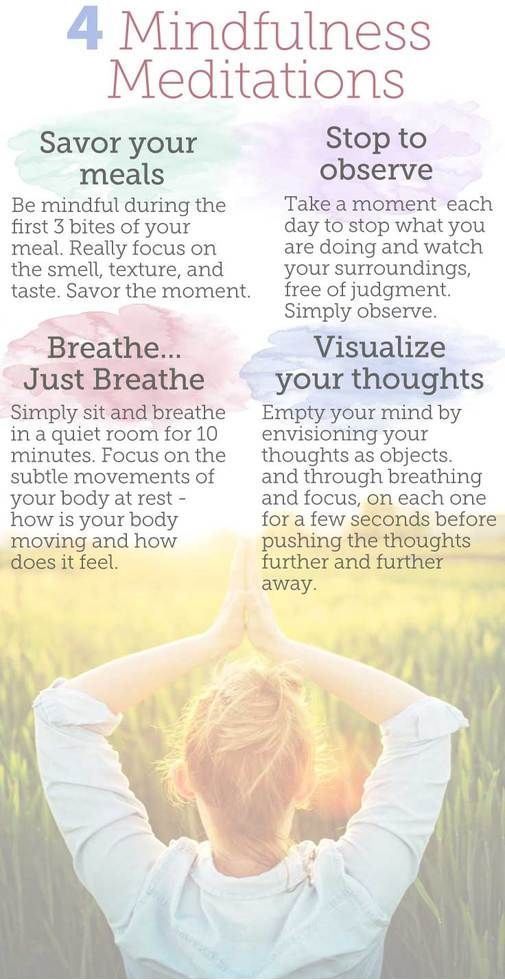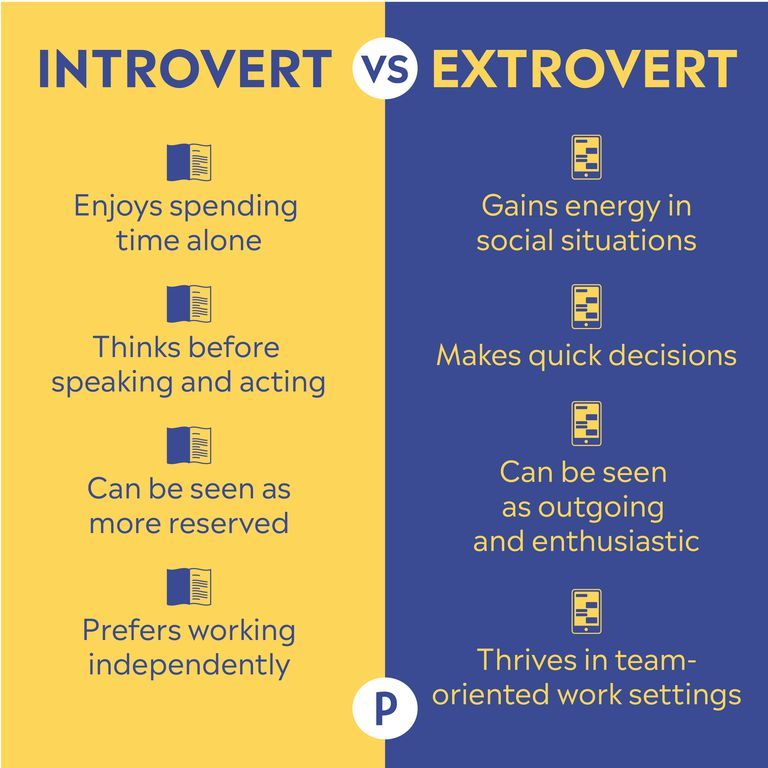Music help with depression
Types and benefits for anxiety, depression, and more
Music therapy involves using a person’s responses and connections to music to encourage positive changes in mood and overall well-being. Music therapy can include creating music with instruments of all types, singing, moving to music, or just listening to it.
Music has powerful effects on the mind. Different styles of music can have a significant effect on a person’s mood very quickly, and it can help them experience and process a wide range of emotions, from happiness to excitement, as well as sadness, calmness, and thoughtfulness.
Making music can also be as beneficial as listening to music, and music therapy encourages people to actively create the music they find helpful to them.
This article explains what music therapy is, how it can help improve mental health, and its effects on different mental health conditions.
Music therapy uses the powerful abilities of music to improve a person’s well-being. It is an alternative to other types of therapy, such as counseling or cognitive behavioral therapy (CBT).
Music therapists use a person’s responses and connections to music to encourage positive changes in mood and overall mental mindset. Music therapy can include listening to music or creating music with instruments of all types. It may also involve singing or moving to music.
It can help improve confidence, communication skills, independence, self-awareness and awareness of others, and concentration and attention skills.
Live musical interaction between a person and their therapist is important during music therapy.
Improvisation can also be a key part of music therapy. This involves making music up on the spot in response to a mood or a theme, such as making the sound of a storm using drums and a rainstick.
The way that music affects the brain is very complex. All aspects of music — including pitch, tempo, and melody — are processed by different areas of the brain.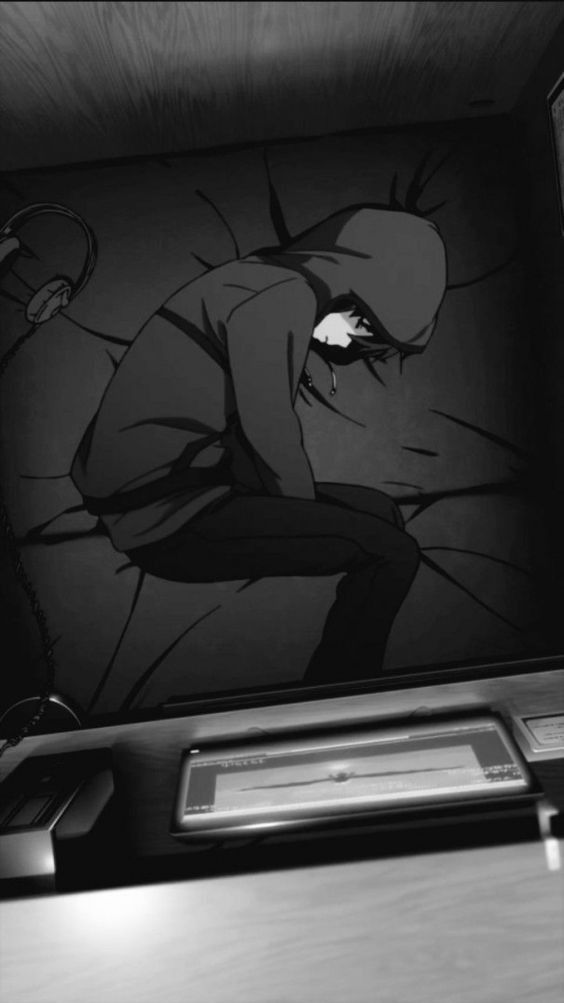
For instance, the cerebellum processes rhythm, the frontal lobes decode the emotional signals created by the music, and a small portion of the right temporal lobe helps understand pitch.
The reward center of the brain, called the nucleus accumbens, can even produce strong physical signs of pleasure, such as goosebumps, when it hears powerful music.
Music therapy can use these deep physical reactions the body has to music to help people with mental health conditions.
Music has been a part of human life for thousands of years. Specifically, experts have found instruments dating back to over 40,000 years ago, suggesting that humans’ desire to express themselves or communicate through music is deep rooted.
The use of music for therapy and healing dates back to Ancient Greece, but its therapeutic use today began in the 20th century, after World War II had ended. The earliest reference to music therapy comes from a 1789 article called “Music physically considered.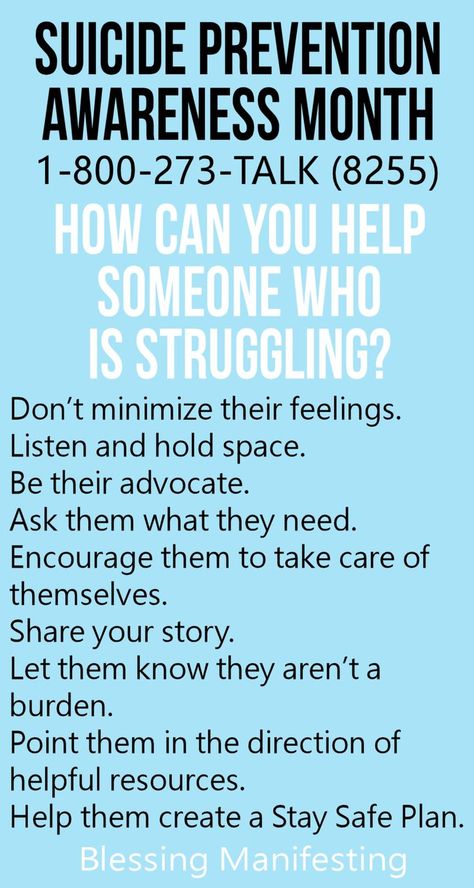 ”
”
The 1800s saw medical research into the therapeutic nature of music grow, and by the 1940s, universities were offering music therapy programs. E. Thayer Gaston, one of three men who pioneered the use of music as a therapeutic tool, had organized and promoted the practice so that it would become an accepted type of therapy.
Now, there are many music therapy associations around the world, and music therapists work in private care, education, and social care.
Music therapy does not rely on verbal communication, so it can be better for people who struggle to communicate verbally. This could be due to a disability, a neurodegenerative condition such as dementia, an acquired brain injury, or a mental health condition.
As CBT and counseling are both talking therapies, they may not be suitable for people who find verbal communication difficult. This is where music therapy can be beneficial.
Additionally, mental health practitioners can bring music therapy directly to a person, such as if they cannot get out of bed or are unable to get to a therapist’s office.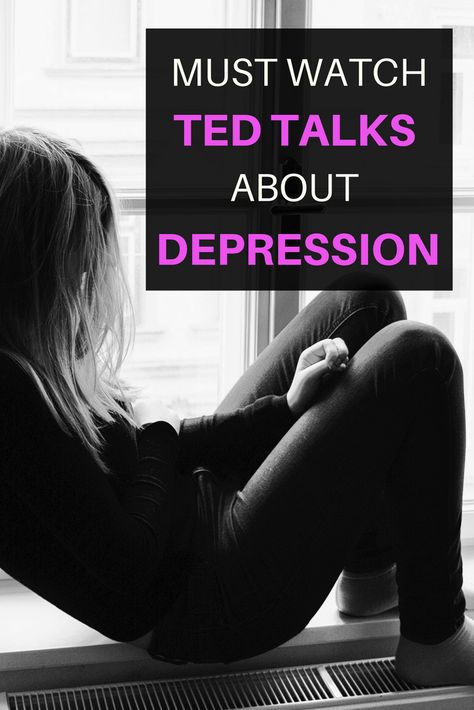 Enjoying music therapy at home can also benefit children who want to be in a familiar environment during their sessions.
Enjoying music therapy at home can also benefit children who want to be in a familiar environment during their sessions.
This is not specific to music therapy, though, as many other types of psychotherapy can take place in the home.
The skills a person learns in music therapy can be useful in their everyday life, too. They may even take up learning an instrument as a new hobby, which they can use as a tool for improving their mental health and coping with difficult situations throughout their life.
There are extra benefits to listening or creating music that talking therapies may not be able to offer.
For instance, learning and practicing a piece of music can improve memory skills, coordination, reading, comprehension, and math skills, and it can also give lessons in responsibility and perseverance.
People can also enjoy a great sense of achievement from creating a piece of music, which can help improve their mood and self-esteem.
Music therapy can also introduce people to many different cultures, as clients can explore any type and genre of music during therapy.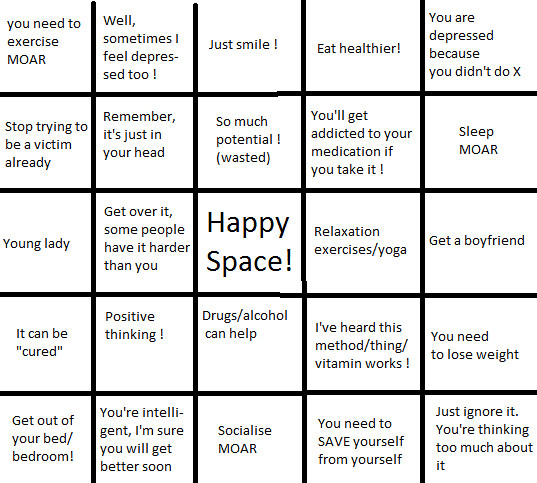 Understanding the history behind a piece of music can help people connect with the music they are hearing or playing.
Understanding the history behind a piece of music can help people connect with the music they are hearing or playing.
Although self-expression is a part of talking therapy, music therapy allows people to express themselves in a creative way, which can be a more enjoyable way of exploring difficult emotions.
Lyric analysis is another accessible way for people to explore and process difficult emotions, experiences, or memories through music.
For example, a person can find themes and meanings within lyrics and offer alternative lyrics that apply to their life and experiences, which can help them find the words that represent how they are feeling if they are finding it hard to express this themselves.
Some of the documented benefits of music therapy include:
- improved self-esteem
- decreased anxiety
- increased motivation
- successful and safe emotional release
- increased verbalization
- stronger connections with other people
Many studies suggest that music therapy can reduce feelings of anxiety, including in people with cancer, those undergoing surgery, and individuals going into intensive care units. Some studies also suggest that music can reduce blood pressure and the heartbeat, which can have a direct impact on how stressed a person feels.
Some studies also suggest that music can reduce blood pressure and the heartbeat, which can have a direct impact on how stressed a person feels.
There is also evidence to suggest that those undergoing music therapy experience reduced anxiety immediately after the session, which indicates that music therapy could be a convenient way to reduce symptoms quickly.
Music affects the amount of stress hormones, such as adrenaline and cortisol, that the body releases, and reducing these hormones can help relieve symptoms of anxiety.
Studies suggest that music therapy can improve symptoms of depression, with those undergoing music therapy along with standard treatments for depression — such as talking therapy — improving more than people who only received standard therapy.
Listening to music can also release dopamine, which is a hormone that makes people feel good, and endorphins, which are hormones that can induce happy moods and relieve pain.
Although music therapy is not a cure for depression, it can offer short-term benefits by improving mood and encouraging connection and self-expression.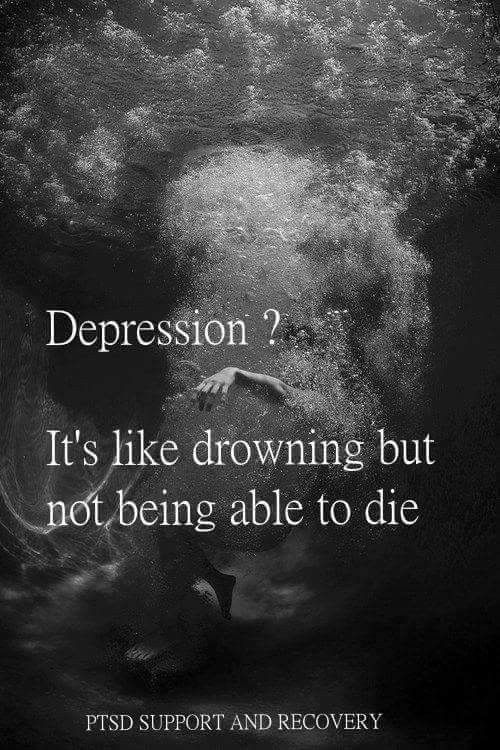
Some of the benefits of music therapy for children include:
- offering fun ways of expressing thoughts and feelings
- practicing social interaction and communication skills
- encouraging creative play
- improving concentration and coordination
- increasing self-awareness
- increasing awareness of other people, particularly in group music sessions
- building self-esteem and resilience
- building language and listening skills
- strengthening family relationships
Although music therapy is not a cure for any mental health condition, it can be an effective and enjoyable tool for reducing the symptoms of numerous conditions, including depression and anxiety.
Music therapy offers people a creative and accessible way of expressing their feelings and processing their experiences. People have used music for its powerful effects on mood and emotions for a long time.
Aside from helping with mental health conditions, music therapy also has numerous other benefits, such as providing a creative outlet, expanding knowledge and cultural awareness, and improving cognitive skills such as memory.
Read this article in Spanish.
Types and benefits for anxiety, depression, and more
Music therapy involves using a person’s responses and connections to music to encourage positive changes in mood and overall well-being. Music therapy can include creating music with instruments of all types, singing, moving to music, or just listening to it.
Music has powerful effects on the mind. Different styles of music can have a significant effect on a person’s mood very quickly, and it can help them experience and process a wide range of emotions, from happiness to excitement, as well as sadness, calmness, and thoughtfulness.
Making music can also be as beneficial as listening to music, and music therapy encourages people to actively create the music they find helpful to them.
This article explains what music therapy is, how it can help improve mental health, and its effects on different mental health conditions.
Music therapy uses the powerful abilities of music to improve a person’s well-being. It is an alternative to other types of therapy, such as counseling or cognitive behavioral therapy (CBT).
It is an alternative to other types of therapy, such as counseling or cognitive behavioral therapy (CBT).
Music therapists use a person’s responses and connections to music to encourage positive changes in mood and overall mental mindset. Music therapy can include listening to music or creating music with instruments of all types. It may also involve singing or moving to music.
It can help improve confidence, communication skills, independence, self-awareness and awareness of others, and concentration and attention skills.
Live musical interaction between a person and their therapist is important during music therapy.
Improvisation can also be a key part of music therapy. This involves making music up on the spot in response to a mood or a theme, such as making the sound of a storm using drums and a rainstick.
The way that music affects the brain is very complex. All aspects of music — including pitch, tempo, and melody — are processed by different areas of the brain.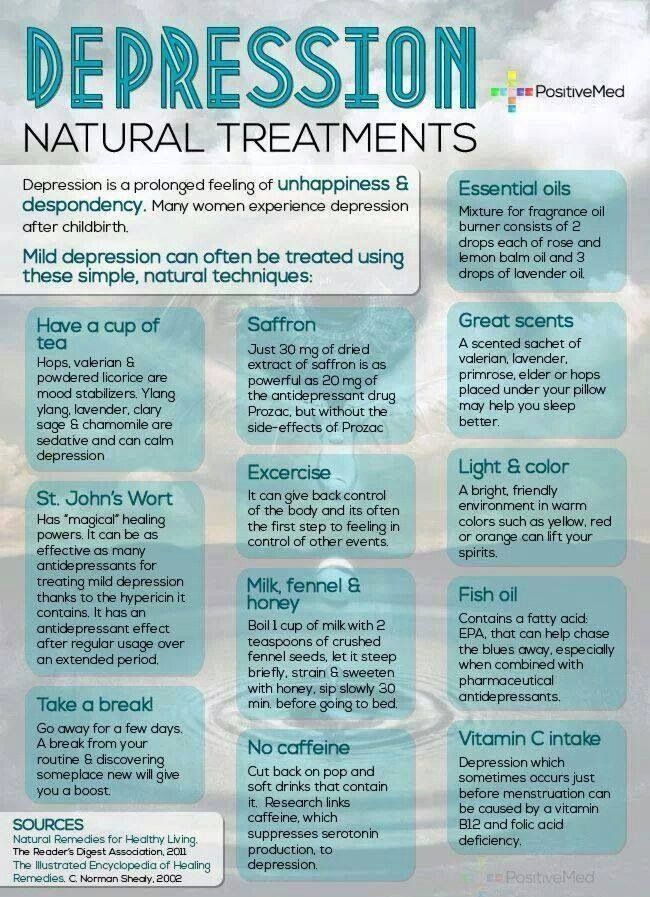
For instance, the cerebellum processes rhythm, the frontal lobes decode the emotional signals created by the music, and a small portion of the right temporal lobe helps understand pitch.
The reward center of the brain, called the nucleus accumbens, can even produce strong physical signs of pleasure, such as goosebumps, when it hears powerful music.
Music therapy can use these deep physical reactions the body has to music to help people with mental health conditions.
Music has been a part of human life for thousands of years. Specifically, experts have found instruments dating back to over 40,000 years ago, suggesting that humans’ desire to express themselves or communicate through music is deep rooted.
The use of music for therapy and healing dates back to Ancient Greece, but its therapeutic use today began in the 20th century, after World War II had ended. The earliest reference to music therapy comes from a 1789 article called “Music physically considered. ”
”
The 1800s saw medical research into the therapeutic nature of music grow, and by the 1940s, universities were offering music therapy programs. E. Thayer Gaston, one of three men who pioneered the use of music as a therapeutic tool, had organized and promoted the practice so that it would become an accepted type of therapy.
Now, there are many music therapy associations around the world, and music therapists work in private care, education, and social care.
Music therapy does not rely on verbal communication, so it can be better for people who struggle to communicate verbally. This could be due to a disability, a neurodegenerative condition such as dementia, an acquired brain injury, or a mental health condition.
As CBT and counseling are both talking therapies, they may not be suitable for people who find verbal communication difficult. This is where music therapy can be beneficial.
Additionally, mental health practitioners can bring music therapy directly to a person, such as if they cannot get out of bed or are unable to get to a therapist’s office.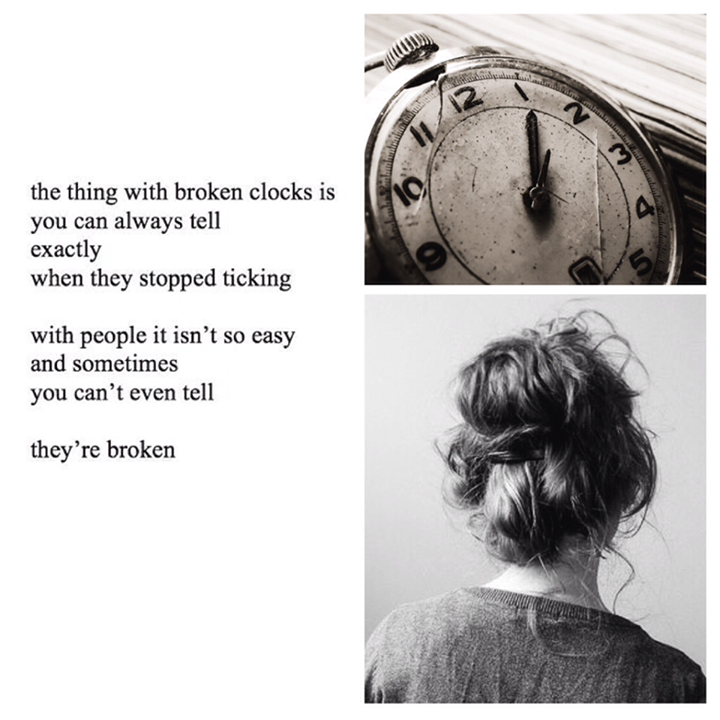 Enjoying music therapy at home can also benefit children who want to be in a familiar environment during their sessions.
Enjoying music therapy at home can also benefit children who want to be in a familiar environment during their sessions.
This is not specific to music therapy, though, as many other types of psychotherapy can take place in the home.
The skills a person learns in music therapy can be useful in their everyday life, too. They may even take up learning an instrument as a new hobby, which they can use as a tool for improving their mental health and coping with difficult situations throughout their life.
There are extra benefits to listening or creating music that talking therapies may not be able to offer.
For instance, learning and practicing a piece of music can improve memory skills, coordination, reading, comprehension, and math skills, and it can also give lessons in responsibility and perseverance.
People can also enjoy a great sense of achievement from creating a piece of music, which can help improve their mood and self-esteem.
Music therapy can also introduce people to many different cultures, as clients can explore any type and genre of music during therapy. Understanding the history behind a piece of music can help people connect with the music they are hearing or playing.
Understanding the history behind a piece of music can help people connect with the music they are hearing or playing.
Although self-expression is a part of talking therapy, music therapy allows people to express themselves in a creative way, which can be a more enjoyable way of exploring difficult emotions.
Lyric analysis is another accessible way for people to explore and process difficult emotions, experiences, or memories through music.
For example, a person can find themes and meanings within lyrics and offer alternative lyrics that apply to their life and experiences, which can help them find the words that represent how they are feeling if they are finding it hard to express this themselves.
Some of the documented benefits of music therapy include:
- improved self-esteem
- decreased anxiety
- increased motivation
- successful and safe emotional release
- increased verbalization
- stronger connections with other people
Many studies suggest that music therapy can reduce feelings of anxiety, including in people with cancer, those undergoing surgery, and individuals going into intensive care units.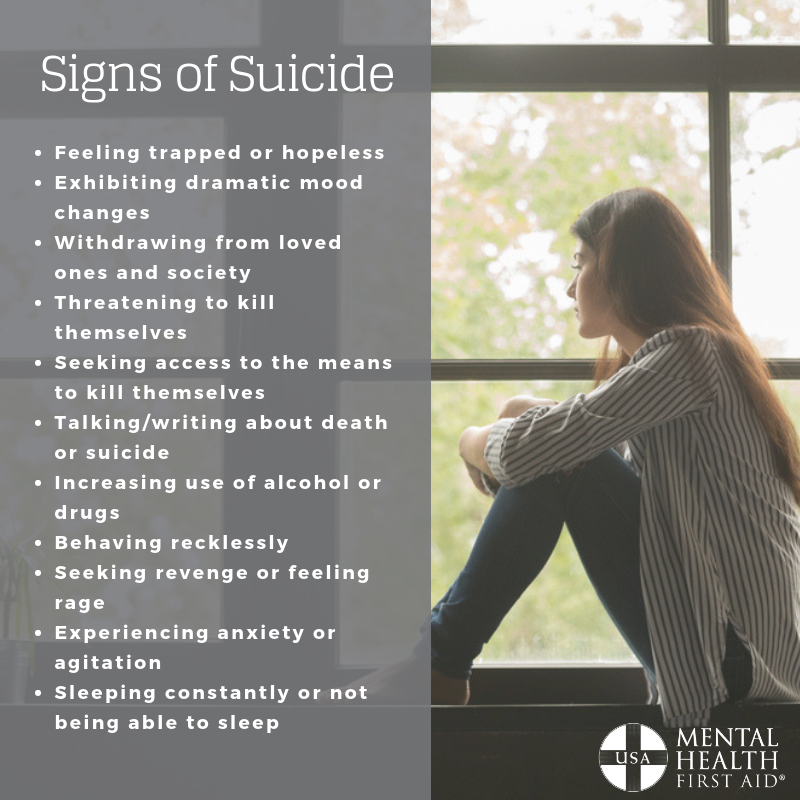 Some studies also suggest that music can reduce blood pressure and the heartbeat, which can have a direct impact on how stressed a person feels.
Some studies also suggest that music can reduce blood pressure and the heartbeat, which can have a direct impact on how stressed a person feels.
There is also evidence to suggest that those undergoing music therapy experience reduced anxiety immediately after the session, which indicates that music therapy could be a convenient way to reduce symptoms quickly.
Music affects the amount of stress hormones, such as adrenaline and cortisol, that the body releases, and reducing these hormones can help relieve symptoms of anxiety.
Studies suggest that music therapy can improve symptoms of depression, with those undergoing music therapy along with standard treatments for depression — such as talking therapy — improving more than people who only received standard therapy.
Listening to music can also release dopamine, which is a hormone that makes people feel good, and endorphins, which are hormones that can induce happy moods and relieve pain.
Although music therapy is not a cure for depression, it can offer short-term benefits by improving mood and encouraging connection and self-expression.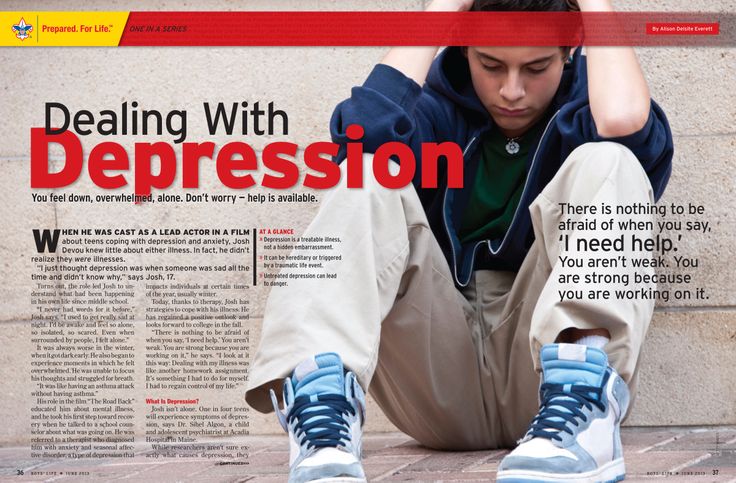
Some of the benefits of music therapy for children include:
- offering fun ways of expressing thoughts and feelings
- practicing social interaction and communication skills
- encouraging creative play
- improving concentration and coordination
- increasing self-awareness
- increasing awareness of other people, particularly in group music sessions
- building self-esteem and resilience
- building language and listening skills
- strengthening family relationships
Although music therapy is not a cure for any mental health condition, it can be an effective and enjoyable tool for reducing the symptoms of numerous conditions, including depression and anxiety.
Music therapy offers people a creative and accessible way of expressing their feelings and processing their experiences. People have used music for its powerful effects on mood and emotions for a long time.
Aside from helping with mental health conditions, music therapy also has numerous other benefits, such as providing a creative outlet, expanding knowledge and cultural awareness, and improving cognitive skills such as memory.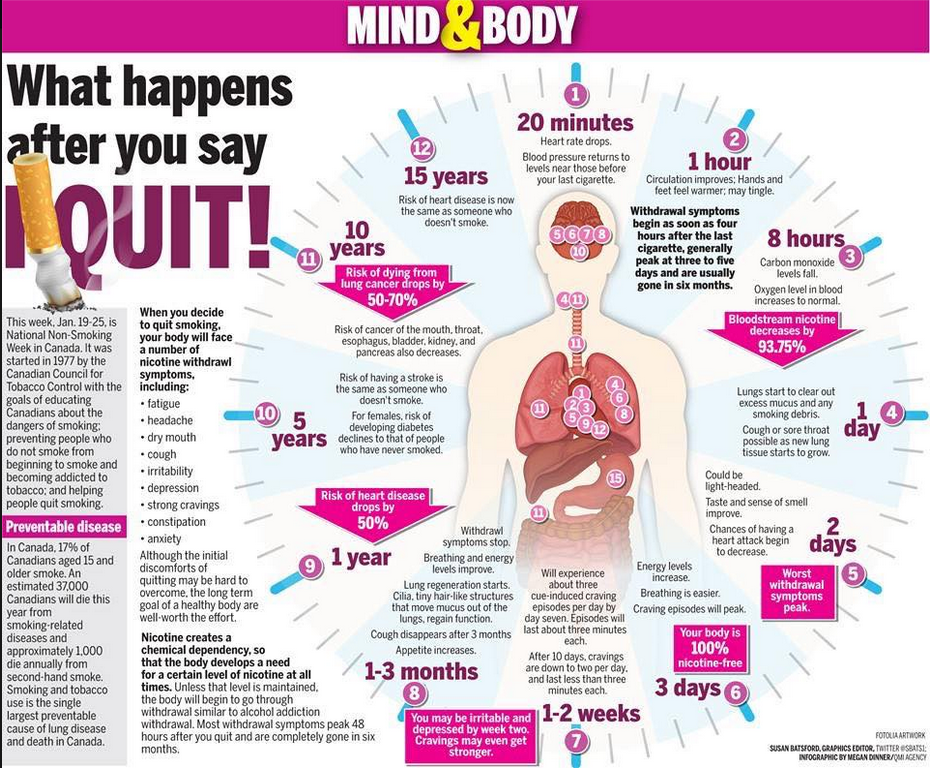
Read this article in Spanish.
Four key questions about music and depression
Does listening to music help with depression?
A native iPod with a library studied inside and out, or a streaming service with thousands of playlists, on the covers of which there are rain-splattered windows, gloomy silhouettes and other clichéd images of sadness ... What person has not resorted to this elementary therapy at least once in sad moments?
Many people think that the right songs really help. Hearing just a few exact lines, a person feels in this acceptance of his feelings and support. For some, it is easier to understand yourself and consider your problems from the outside. It is sometimes even encouraging that some strangers put together several sounds in such a way that they fit exactly into your mood and allowed you to mourn. But these simple ways are more relevant in the fight against the usual bad mood. And can listening to music help those whose problem is a serious illness that requires treatment?
At the moment there is no clear answer to this question. Some researchers emphasize the positive role of music in the treatment of depression when used in combination with other standard methods. Others believe that listening to music not only does not weaken, but even provokes and aggravates the disease.
Some researchers emphasize the positive role of music in the treatment of depression when used in combination with other standard methods. Others believe that listening to music not only does not weaken, but even provokes and aggravates the disease.
Music therapy is not a new idea. It is used with a wide range of patients, such as children who have developmental or mental disorders, and older people who develop Alzheimer's disease. This method can include listening, creating music, discussing it, and even dancing. Not every song you turn on will be healing. Music therapy is done by specially trained people who know a lot of not only musical, but also psychological and biological subtleties.
Some have suggested that music therapy is also effective in helping people with depression. Scientists at the Cochrane Library found and analyzed five studies on this topic. Four of them showed positive results. People who received music therapy recovered faster than those who were not attracted to it.
Unfortunately, the samples of these studies were small and the quality was inconclusive, so the question remained open. However, it was clear that the effect of listening to music on the treatment of depression is possible and deserves further study. This is what the Cochrane Library has done. And in November 2017, she presented a new work, summing up nine studies already, in which 421 people of different ages took part. The conclusions were confirmed, albeit with the same caveat. The researchers suggested that listening to music could enhance the effect of conventional therapy on patients with depressive and anxiety disorders.
If we take not music therapy accompanied by a professional, but everyday, independent listening, then here everything is still less clear. Dr. Sandra Garrido, who studies psychology and music, believes that some compositions can even harm those suffering from depression.
In her experiment, she divided people prone to clinical depression from the rest of the study participants, and broke the music into “happy” and “sad”.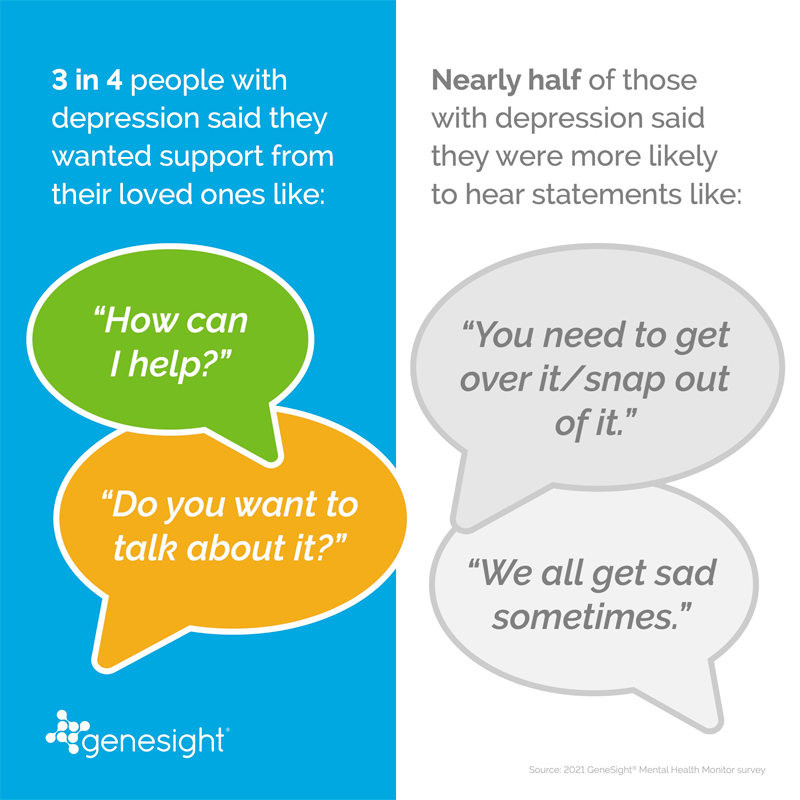 Each person chose suitable tracks for himself, since the perception of music is very subjective. It turned out that the melancholy compositions, according to the researchers, depressed the depressive group more, although all participants in the experiment were sure that they actually got better.
Each person chose suitable tracks for himself, since the perception of music is very subjective. It turned out that the melancholy compositions, according to the researchers, depressed the depressive group more, although all participants in the experiment were sure that they actually got better.
Garrido believes that people suffering from depression often have an increased level of rumination, that is, obsessive thinking about the same topics. Therefore, they perceive sad music differently. It causes them to get stuck in negative thought patterns and instead of being a defense mechanism, it becomes a source of additional problems. A healthy person who has just gone through a breakup and listens to Someone Like You Adele will burst into tears, let these emotions out, become a little stronger from this and just move on with life. A depressed person, on the other hand, will focus on other things, such as how relationships always end in disappointment for him and how no one will ever love him again, and only get deeper into his condition.
There are still a lot of unexplored and incomprehensible things in this topic, which Garrido herself admits. Some fair questions and expressions of disagreement with the results of the experiment were already voiced in the comments to the article on her research in The Conversation. The mechanism of influence of sad lyrics is more or less clear, but what about, in fact, the saddest music? Will the effect be different from the same songs where the vocal track is removed? But what about originally instrumental music or compositions performed in a language that the person listening to them does not know?
Not all people who know well what depression is and read Garrido's article agree that sad music is a deceptive defense mechanism. Many agree that sometimes this deterioration is just what is needed in order to experience a kind of catharsis and ultimately feel better. As they say, you need to reach the bottom, because from there there is only one way back up. “As a depressed person who has to live and work in a world where there is no time or space to suffer from depression, I can say that this focus on escalating crises and running them through me for years has allowed me to be always in working order,” writes Meg Thornton.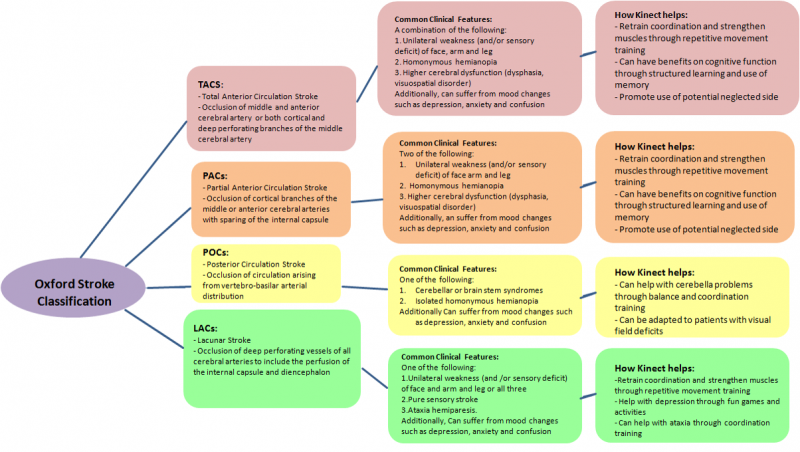 "So while I may 'feel worse' after sad music, the question is whether 'worse' is good or bad for me."
"So while I may 'feel worse' after sad music, the question is whether 'worse' is good or bad for me."
One Stephen Peabody agrees with her and adds: "And isn't the point of psychotherapy that it helps you get in touch with your thoughts and feelings so that you can process them and find a way out, instead of helping you not to think about them?"
These are reasonable remarks. But let us turn to the experience of those for whom certain music has really become a bad habit. Journalist Sarah Kurchak, who, she says, suffers from "two equally severe mental illnesses (depression and musical addiction)", in an article for Noisey told how Joy Division turned for her from a lifeline into a burden pulling to the bottom. “At some point,” she writes, “the very things that I loved so much about this group became things that pulled me deeper and deeper into despair. (…) I began to identify myself too much with the texts of Curtis and with the portrait of him that his widow Deborah portrayed in the book Touching From a Distance. The only way out I saw in his art and life was death."
The only way out I saw in his art and life was death."
Ultimately, Sarah took the advice of her therapist, who said that she didn't have to continue listening to them. So she did, and after a while she realized that the doctor was right. Even though she missed some of the songs, she couldn't bring herself to even listen to their first few seconds. “Now I understand that relationships with a group can be just as toxic and unhappy as between people. And sometimes, despite all your history, you have to leave before your love for them tears you to pieces,” she says and admits that she hasn’t listened to Joy Division for several years.
Photo - Mary Mary
Sarah's case reminds us that another interesting topic awaits researchers within the framework of this issue - the impact of musical fandoms on human mental health. In this case, music becomes more than just music for a person. For him, this is already a more voluminous, multifaceted and emotionally significant experience, which is definitely capable of influencing a person’s personality, his views, mood and life in general.
On the one hand, it is clear to almost anyone how much joy, inspiration and vivid emotions such an intense passion can give. Fandoms bring together like-minded people who, as a rule, share not only musical, but also other interests and values. Connecting with like-minded people brings positive emotions, gives rise to an important sense of community and helps to make new friends. With regard to fans suffering from depression, it is worth noting separately the case when the idol himself also struggles with this problem and talks about it. When a public person, especially one who is a role model for many, talks about his depression, it gives strength to those who are afraid to discuss this problem with loved ones and seek help.
But, of course, the negative effects of fandoms are visible to the naked eye. Sometimes they become the right environment for turning a harmless hobby into an unhealthy addiction. It happens in fandoms and bullying, toxic people, herd rules and requirements, for non-compliance with which the crowd can get angry.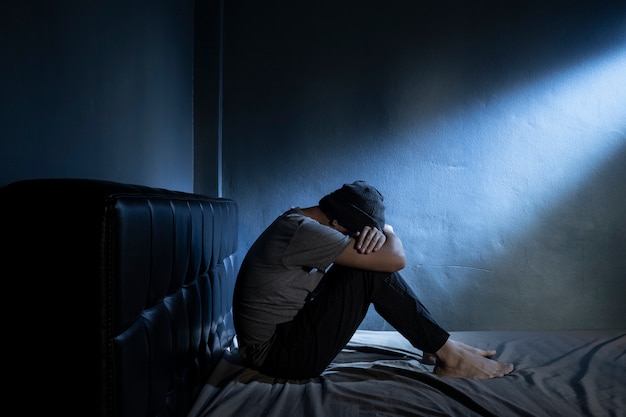 In the end, no one is immune from disappointment in idols. The collapse of ideals is experienced hard, especially if before that the whole world of a person, his whole personality and social circle were formed around one group. And such dissolution in idols, when there is simply nothing else in a person’s life, is also not quite healthy behavior.
In the end, no one is immune from disappointment in idols. The collapse of ideals is experienced hard, especially if before that the whole world of a person, his whole personality and social circle were formed around one group. And such dissolution in idols, when there is simply nothing else in a person’s life, is also not quite healthy behavior.
Interaction between a person and a fandom is a very broad and topical topic. It remains only to wait for studies that will analyze all its aspects.
Some believe that not only a certain group that is of great importance to a person on a personal level, but also music addiction itself can plunge into depression. Researchers at the University of Pittsburgh School of Medicine studied 106 teenagers, including 26 with clinical depression, and what media they regularly consume. It turned out that those who listened to a lot of music are most prone to depression, while book lovers are the least prone to it. The influence of other media forms (magazines, films, games, and even the Internet) on the predisposition to depression could not be established. But there is an important note here as well. "At this point, it's not clear if depressed people start listening to more music to escape reality, or if listening to more music can lead to depression, or both," said Dr. Brian Primak, author of the study.
But there is an important note here as well. "At this point, it's not clear if depressed people start listening to more music to escape reality, or if listening to more music can lead to depression, or both," said Dr. Brian Primak, author of the study.
So far, only one thing can be said with certainty: everything is very complex and individual. There are so many different factors involved in this question (the character of a person, the severity of his condition, sensitivity to music, the model of its perception, personal attitude to specific compositions, and so on) that an unambiguous answer is hardly possible in principle. However, music therapy as a type of treatment may well bring positive changes if used in a complex way.
Does writing and performing music help with depression?
Making music is another recognized form of music therapy. This, unlike ordinary listening to music, is a more active method, involving the creation of something new.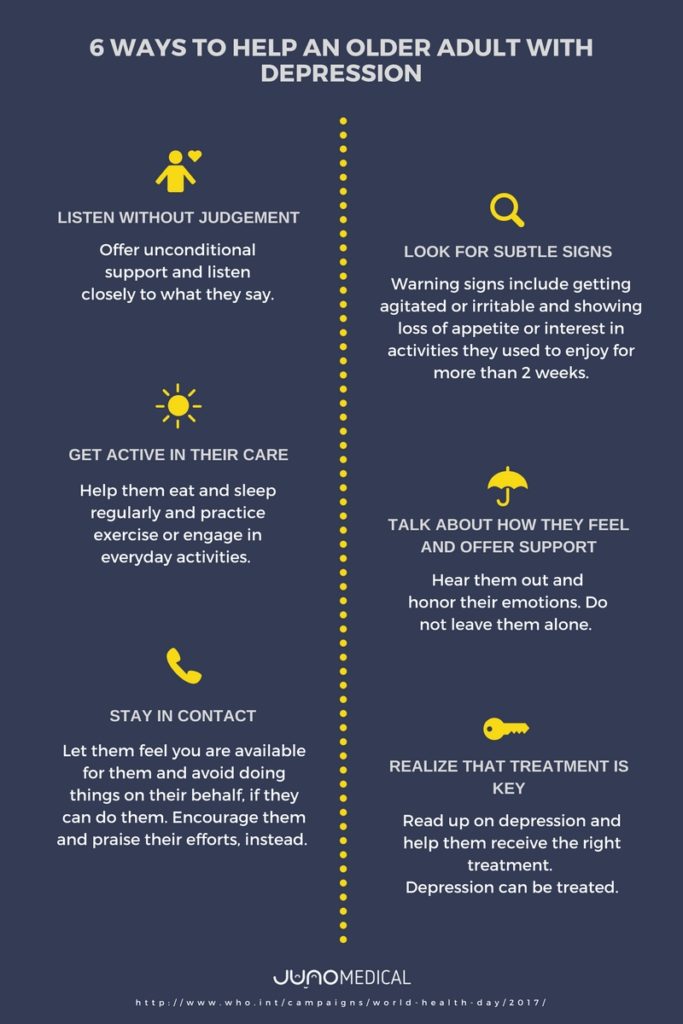 It is much easier to understand this concept and admit its existence, even for those who have never composed songs or played musical instruments themselves. Who among us does not know how pleasant it is to do something with our own hands and how many positive emotions any creativity gives?
It is much easier to understand this concept and admit its existence, even for those who have never composed songs or played musical instruments themselves. Who among us does not know how pleasant it is to do something with our own hands and how many positive emotions any creativity gives?
Reinforcing confidence in the miraculous effect of songwriting on depression and the musicians themselves. Remember how many times you read in album announcements artist revelations like “working on this record saved me / helped me a lot”? Or heard in interviews how they compare songwriting to psychotherapy and even exorcism?
This question is, of course, closely related to the previous one. On the other hand, there are reasons to believe that here a positive answer may be closer and more definite.
In 2011, Finnish scientists conducted an experiment to test whether music therapy could help treat depression. It involved 79 people, all of whom received standard therapy (communication with a specialist and medication), and only 33 of them also engaged in music therapy, such as playing drums. After three months, this group's depression and anxiety scores improved more than the other participants in the experiment.
After three months, this group's depression and anxiety scores improved more than the other participants in the experiment.
"Our study showed that music therapy added to standard care helps people reduce their rates of depression and anxiety," said Professor Christian Gold, one of the study's authors. “There are certain qualities in music therapy that allow people to express themselves and interact non-verbally, even in situations where they cannot find words to describe their inner experiences.”
A larger (total of 251 people), although focused only on children and adolescents, study on this topic was conducted in 2016. It was conducted by researchers from Queen's University Belfast and Bournemouth University. The music therapy group played different instruments of their choice, performed vocal improvisations, and simply moved to the music. The results were confirmed: these girls and boys showed a reduction in depression, as well as the development of communication skills and self-esteem.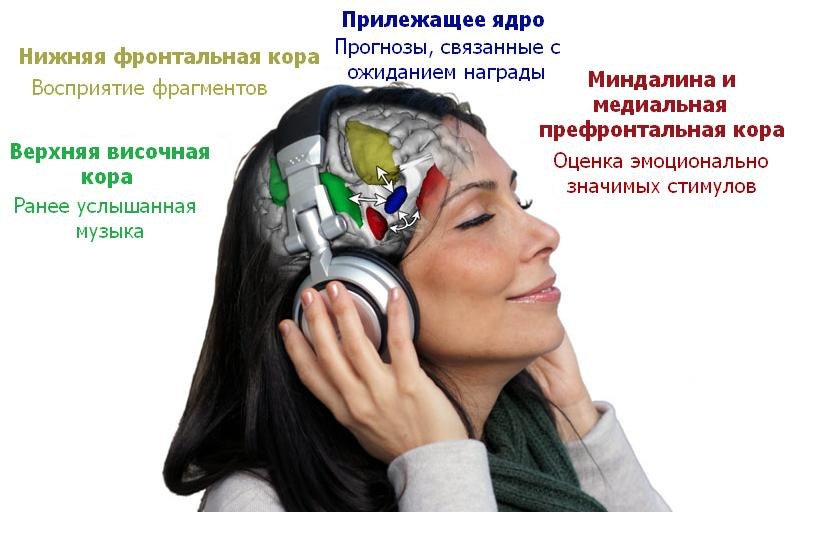
These and similar studies concern music therapy specifically as a therapeutic technique, which is carried out only under the supervision of a specialist. It helps a person to direct creative energy in the right direction. Some people find it difficult to open up and express their thoughts. Composing music on doctor's orders, they dig into their unconscious, where the answers to the right questions are often hidden, and release their experiences through means that allow greater freedom of expression. In addition, music is great at evoking memories, which can also be the key to solving the problem.
Is it possible to measure the effectiveness of such treatment in natural conditions, without an experienced consultant over the soul? Many great musicians didn't have any special therapist, and still writing songs helped them to overcome difficult life periods. It's hard to say for sure. But it is obvious that creating music can at least alleviate depression.
Photo - Mary Mary
Songwriting is often like keeping a diary.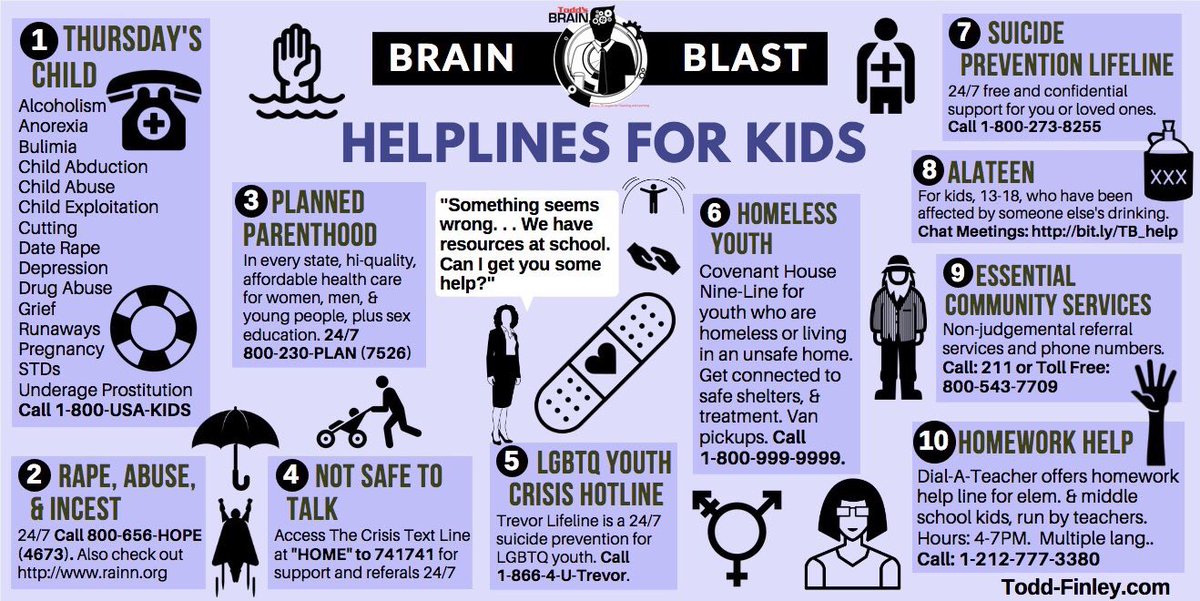 The author expresses his feelings in them, returns to strong memories, pulls out of the wilds of the soul all the most important and disturbing. Even if the writer is not inclined to very personal creativity, the result of his work will still bear the imprint of his person and touch on issues that somehow hurt him. Even if he sings on behalf of a fictional lyrical hero, and there will not be a drop of reality in the plot, it is almost impossible to completely discard a personal moment. And in most cases, the compositions are somehow autobiographical, that is, they look like entries in a diary.
The author expresses his feelings in them, returns to strong memories, pulls out of the wilds of the soul all the most important and disturbing. Even if the writer is not inclined to very personal creativity, the result of his work will still bear the imprint of his person and touch on issues that somehow hurt him. Even if he sings on behalf of a fictional lyrical hero, and there will not be a drop of reality in the plot, it is almost impossible to completely discard a personal moment. And in most cases, the compositions are somehow autobiographical, that is, they look like entries in a diary.
A lot has been said about the benefits of keeping a diary for people suffering from depression. James Pennebaker has been researching this topic for about 40 years. His experiments showed that people who regularly wrote about events that affected them or even had a strong negative effect on them began to feel better. You can conduct such a confession in different forms: someone writes letters not intended for sending to relatives and friends, others record their monologues on a dictaphone. This means that music is just another tool, the chances of achieving a similar effect from which - especially in combination with traditional methods of treatment - are quite high.
This means that music is just another tool, the chances of achieving a similar effect from which - especially in combination with traditional methods of treatment - are quite high.
And composing instrumental music will obviously not be in vain. What is so attractive about music therapy? Partly by the fact that a person moves his problems to another space in which it may be easier for him to admit them to himself and analyze them sensibly. Moreover, from composing any music, a person will also receive aesthetic pleasure and rejoice at his small achievements, which can be quite difficult during depression. “Creative effort is really very rewarding,” says Shelley Carson, a professor at Harvard University, “and you get small doses of dopamine in your brain’s reward center.”
Simply put, composing music is not exactly a magic pill for depression, but it is quite capable of helping with some symptoms as part of traditional treatment.
Are musicians more susceptible to depression than others?
The conversation about mental illness has become more open these days, with many celebrities venturing out about their own battles with depression. There are quite a few musicians among them, and some have found the courage to share their experiences with the world even before the rise of a frank conversation about this topic. Not so long ago, music lovers were shocked by the deaths of Chris Cornell and Chester Bennington. Long before that, they talked about their long battle with depression. Unfortunately, the disease won, and the musicians committed suicide. And these are far from the only examples of such a tragic ending. The victims of depression were, for example, Ian Curtis and Nick Drake.
There are quite a few musicians among them, and some have found the courage to share their experiences with the world even before the rise of a frank conversation about this topic. Not so long ago, music lovers were shocked by the deaths of Chris Cornell and Chester Bennington. Long before that, they talked about their long battle with depression. Unfortunately, the disease won, and the musicians committed suicide. And these are far from the only examples of such a tragic ending. The victims of depression were, for example, Ian Curtis and Nick Drake.
Even those artists who (at least openly) have never spoken about the existence of this problem in their lives sometimes seem to us to be prone to dark moods and introspection. We believe that a person simply could not capture the nuances of spiritual darkness so subtly and accurately if he had not been in it himself.
In a word, it is easy to see that musical talent and a tendency to depression are mystically connected and the first almost necessarily goes along with the second.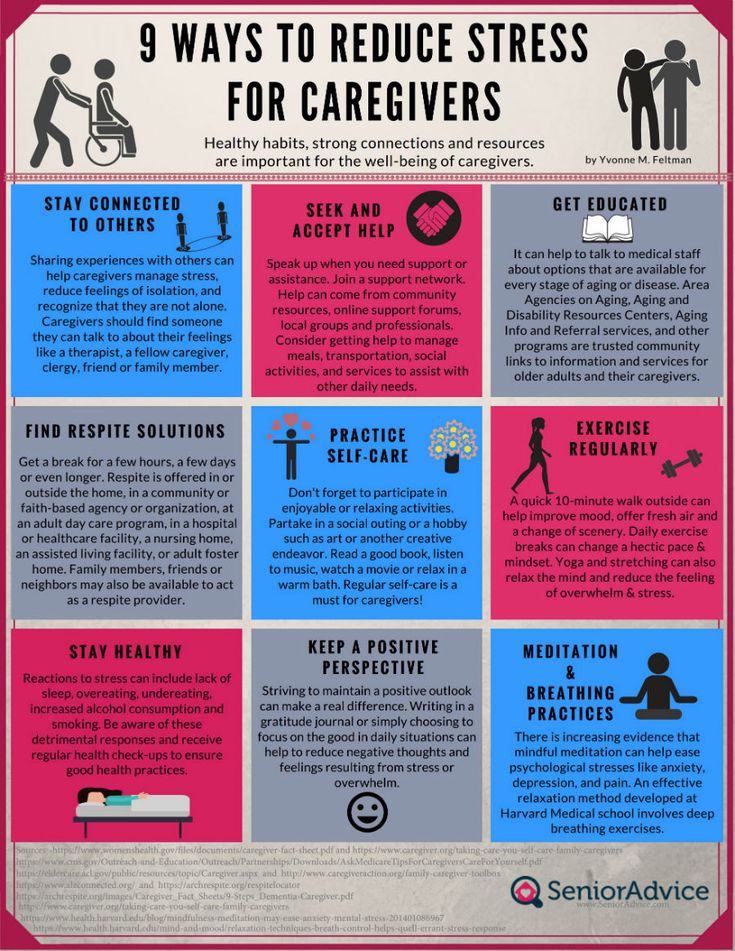 How is this apparent connection explained, and does it really exist? Perhaps this is only a consequence of the fact that we remember only a few celebrities who fit this idea, but do not see and do not take into account how a much larger number of ordinary people around us are struggling with depression?
How is this apparent connection explained, and does it really exist? Perhaps this is only a consequence of the fact that we remember only a few celebrities who fit this idea, but do not see and do not take into account how a much larger number of ordinary people around us are struggling with depression?
The British charity Help Musicians UK conducted the largest ever study on the mental health of musicians in 2016. Its authors found that musicians (regardless of genre) suffer from depression and anxiety three times more often than others. However, the reason for this, according to researchers, is not at all in an innate predisposition.
“Music making has a therapeutic effect, but a career in music is destructive,” the researchers concluded after considering the responses of respondents. Among them were not only touring and performing artists, but also songwriters, DJs, producers, live musicians and other people working in this field. It was the industry itself, its rules, difficult conditions, and intense stress that caused a huge proportion of those surveyed to experience depression, anxiety, and panic attacks.
The study contains the stories of some of the people who took part in the study. Many say that in music, to get at least a small chance to break through, you need to work hard like in no other industry. Giving all their time and energy to this cause, the musicians work out inhuman hours, are forced to move away from family and friends, spend most of their time on the road and play in often not the most pleasant places just to perform at least somewhere. Even with full dedication, success is by no means guaranteed. Holding on to what they love, musicians live in a state of constant uncertainty, lack of recognition, and often poverty. Sometimes even close people cannot accept their choice and somehow make it clear that it's time to find a "normal job".
For more or less established musicians, the issue of recognition and money, of course, is not so acute. However, they face more tangible pressure: from both labels, which, as a rule, are primarily interested in good income from albums and tours, and not the mental and physical health of artists, and fans, who have many expectations associated with the group, sometimes disproportionate , and who can behave in a straining way, and critics with devastating reviews, and other representatives of the industry, and even just ordinary people, who today are quite easy to fall upon any celebrity with not always justified negativity, up to full-scale bullying.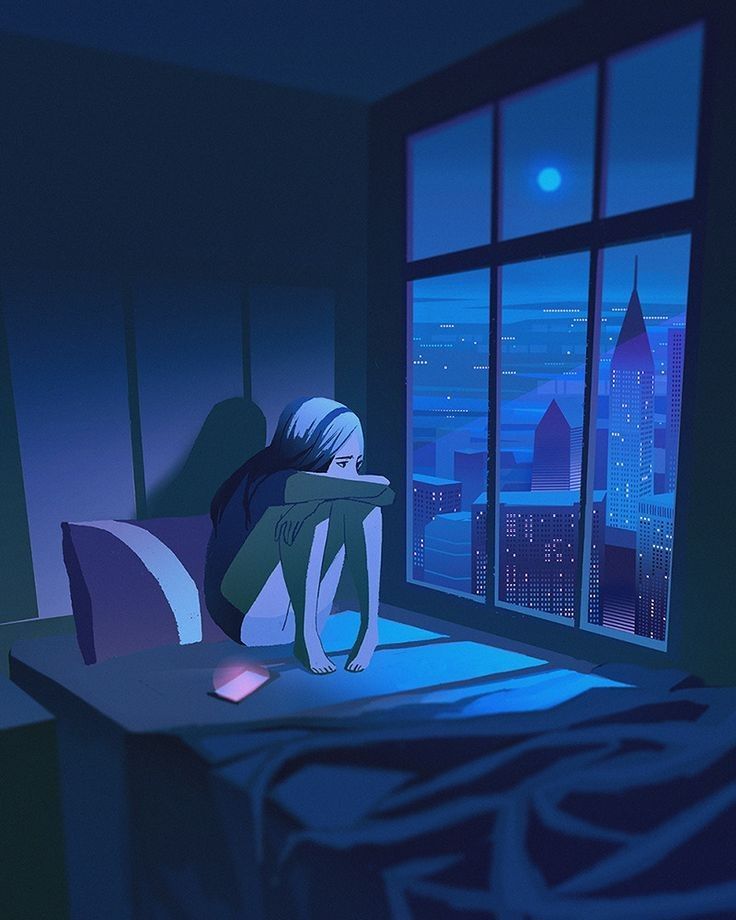 In the end, even from their own side, because creative people are often prone to perfectionism and are looking for ideals that are not feasible in real life.
In the end, even from their own side, because creative people are often prone to perfectionism and are looking for ideals that are not feasible in real life.
It is obvious that the efforts put into work by musicians from the big leagues more often pay off. Yet they, too, face catastrophic exhaustion and harsh conditions, especially on long tours, playing one show after the next and not even being able to recover. This is evidenced, for example, by Moby, who refused to tour in 2016. “There has never been such a thing that I went on tour and did not feel anxiety, depression and insomnia,” the musician said. “In the early days, it seemed like a small price to pay. But at this point in my life, I can't, in my right mind, punish myself, my body, and my mental health for having to go on tour."
Another problem is that working in the music business is very romanticized. This bright myth has been dreamed of since childhood, representing travel, parties, golden figurines and thousands of devoted fans. But those trials and pressures that come along with all this are not customary to talk about. Especially negative attempts to make this topic more open and talk about its not so pleasant details are perceived by relatively successful musicians. Like, what are you complaining about? You have everything that others can not even dream of, be grateful and shut up! Artists understand this themselves, but not everything is so simple, and in a state of depression it is generally difficult to evaluate what is happening rationally and focus on the positive.
But those trials and pressures that come along with all this are not customary to talk about. Especially negative attempts to make this topic more open and talk about its not so pleasant details are perceived by relatively successful musicians. Like, what are you complaining about? You have everything that others can not even dream of, be grateful and shut up! Artists understand this themselves, but not everything is so simple, and in a state of depression it is generally difficult to evaluate what is happening rationally and focus on the positive.
The Help Musicians UK study focuses specifically on the influence of the music industry on the mental health of its participants, and not on pre-existing addictions. Therefore, firstly, it is worth distinguishing between these concepts, and secondly, to recognize that even a person who is not prone to depression can be driven into depression by the music business.
As for the predetermined connection, it apparently still exists and is being actively studied by scientists.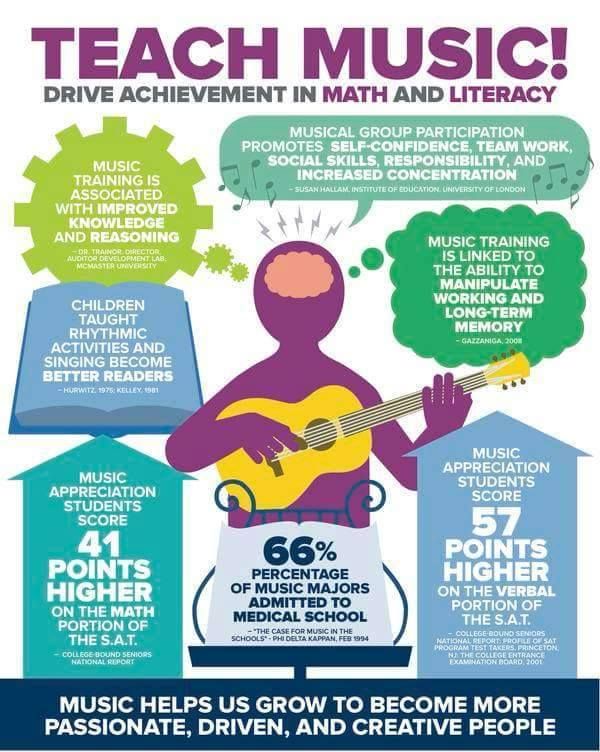 But usually in connection not only with musicians, but with creative people in general, that is, also with artists, dancers, photographers, actors, etc. In 2005, the Icelandic company deCODE genetics conducted a study on this topic. It turned out that representatives of creative professions are 25% more likely to have genes that are associated with schizophrenia and bipolar disorder (a condition in which depressive phases alternate with manic ones). “The results of this study are not surprising, because to be creative, you need to think differently,” said study leader Dr. Stefansson.
But usually in connection not only with musicians, but with creative people in general, that is, also with artists, dancers, photographers, actors, etc. In 2005, the Icelandic company deCODE genetics conducted a study on this topic. It turned out that representatives of creative professions are 25% more likely to have genes that are associated with schizophrenia and bipolar disorder (a condition in which depressive phases alternate with manic ones). “The results of this study are not surprising, because to be creative, you need to think differently,” said study leader Dr. Stefansson.
"There are over 20 studies that suggest that highly creative people are more likely to have bipolar and depressive disorders," says Kay Redfield Jamison, professor of psychiatry at Johns Hopkins University and author of The Restless Mind. “Of course, I think there is a big connection with the temperaments that are behind bipolar disorder and depression, with the propensity to reflect and so on.”
Paul Verhaegen, professor of psychology at the Georgia Institute of Technology, has also done research on this issue.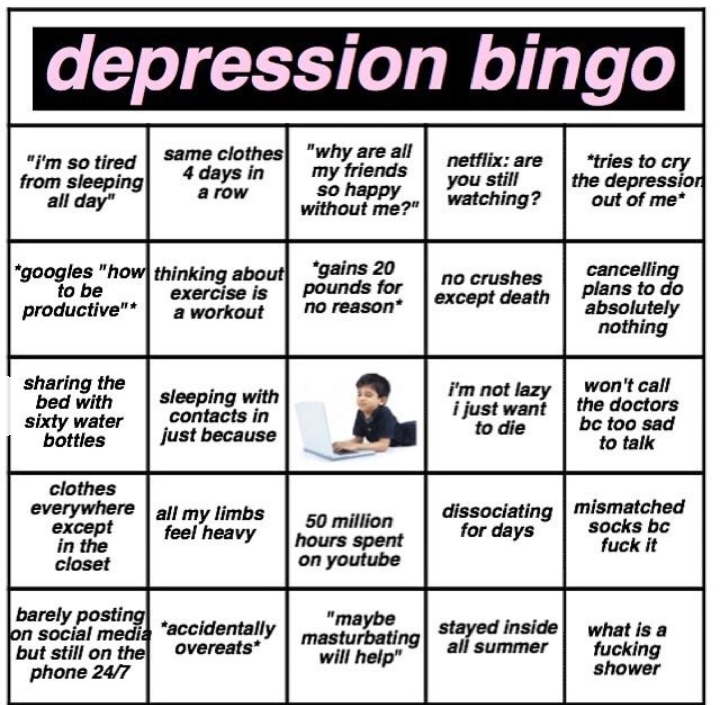 Also an established writer, he was initially interested on a personal scale in whether creativity was associated with mood disorders. For him, both come from the same source. “When you think about the things that are happening in your life and start thinking about them over and over and over again, this spiral of endless thinking about what is happening to you and the world takes you far away,” he says. “I often start thinking things over and over again, and that’s when I start writing.”
Also an established writer, he was initially interested on a personal scale in whether creativity was associated with mood disorders. For him, both come from the same source. “When you think about the things that are happening in your life and start thinking about them over and over and over again, this spiral of endless thinking about what is happening to you and the world takes you far away,” he says. “I often start thinking things over and over again, and that’s when I start writing.”
Another common source of creativity and depression seems to be hypersensitivity. Mihaly Csikszentmihalyi, professor of psychology at Claremont-Gradwaite University, put it this way: “Art is more dangerous [than other professions] because it requires a lot of sensitivity. If you go too far, you can pay the price and become too sensitive to live in this world.
Terrence Ketter, professor of psychiatry at Stanford University, gave a creativity test to a group of depressed and bipolar patients and a healthy group. The former coped with the task 50% better than the latter. Ketter himself admits that the results are not final and the topic requires further research. However, it seems that some connection between a creative character and a depressive character is obvious. "It's hard to argue that engaging in creative tasks can create this particular temperament, and it's perhaps a little more likely that such a temperament provides a creative edge," says Ketter.
The former coped with the task 50% better than the latter. Ketter himself admits that the results are not final and the topic requires further research. However, it seems that some connection between a creative character and a depressive character is obvious. "It's hard to argue that engaging in creative tasks can create this particular temperament, and it's perhaps a little more likely that such a temperament provides a creative edge," says Ketter.
One of the opponents of this theory is Professor of Psychiatry at Harvard University Albert Rotenberg. He considers it only a legacy of the romantic 19th century, when it was believed that a person of art, opposed to society, constantly struggles with internal demons. Rothenberg suggests that the known examples of great people who suffered from depression are just coincidences, each of which has far more healthy people, and the available evidence is inconclusive.
“The problem is that criteria for creativity are usually not very creative,” he says. – Belonging to a creative society or working in painting or literature does not prove that a person is creative. In fact, many people who have mental disorders actually try to work in positions that involve painting and writing, not because they are good at it, but because they are attracted to it. And that can skew the data.”
– Belonging to a creative society or working in painting or literature does not prove that a person is creative. In fact, many people who have mental disorders actually try to work in positions that involve painting and writing, not because they are good at it, but because they are attracted to it. And that can skew the data.”
There is still no consensus on this topic that has been of interest to the world for a long time. What is clear is that there is definitely no obligatory and dominant innate connection between a tendency to depression and musical talent. The findings of the researchers suggest that perhaps not on such a global scale as previously thought, but there is something in this view.
Does depression contribute to musical creativity?
The myths about the mad genius and the suffering creator have been around for centuries. Even the ancient Greek playwright Aeschylus wrote that "wisdom comes through suffering." George Byron often said that "all of us in the [poetic] trade are mad. " As a result, we got a very tenacious theory, which is closely related to the previous question, but, in addition to the linkage of these phenomena, also suggests the fruitfulness of this combination. In other words, people believe that a person of art must suffer in order to create, and it is from pain that the best works are born.
" As a result, we got a very tenacious theory, which is closely related to the previous question, but, in addition to the linkage of these phenomena, also suggests the fruitfulness of this combination. In other words, people believe that a person of art must suffer in order to create, and it is from pain that the best works are born.
This assumption has not bypassed music, and has become especially strong in it. An example of this are the long-gone rock legends, whose turbulent lives were the embodiment of the principle “it is better to burn out quickly than slowly fade away.” And it began even before them, with such classical composers as, for example, Schumann, Mahler and Rachmaninov. The life of many cult musicians of the 20th century was overshadowed by poverty, difficult childhood, failures, losses, mental trauma and other suffering; many legends suffered from various mental disorders, including depressive ones. By addressing these experiences in their music, they created something so sincere and catchy that these songs began to take on a life of their own.
Today we are a little further from romanticized rock myths like the 27 Club, but the legacy of theory lives on. When a musician gives up bad habits, pacifies his inner darkness and generally finds himself in a more favorable state of mind (a striking recent example is Pete Doherty, who returned from rehab to musical activity), in a good half of new reviews or even predictions, that the thought that now he would definitely not write anything as good as it was. The idea reigns that happy and healthy people are no longer ways to create something interesting. Some suggest that without all the hardships experienced by the artist, there would be no music, which means that they are useful to some extent.
The musicians themselves sometimes reinforce the conviction. Here's what Thom Yorke says about writing while depressed: “Sometimes I write music when I'm depressed because I suffer [from depression]. Sometimes it's not even suffering. This is a bonus. I really don't like people who reject our music just because it's depressing.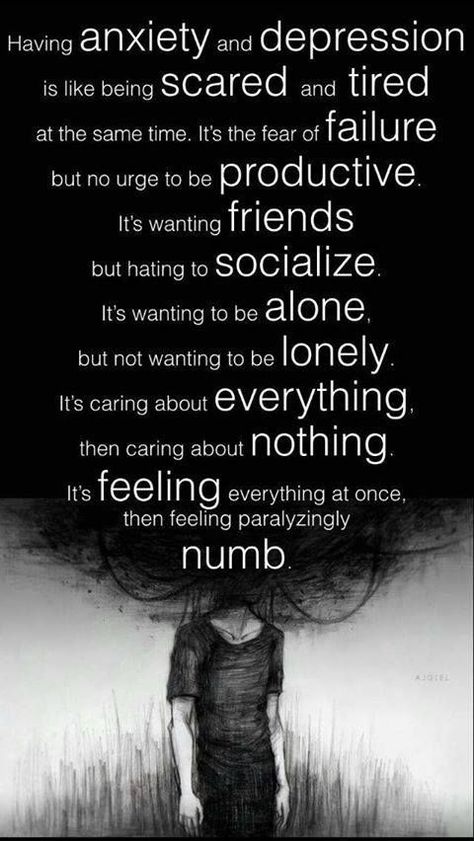 Because from this feeling a great creative force is born.
Because from this feeling a great creative force is born.
At the same time, anyone who knows anything about real depression and understands how much it differs from ordinary sadness and momentary blues begins to doubt this myth. Until recently, these concepts were often used interchangeably, and many people are only now learning that depression is not just a bad mood that comes and goes, but its owner sits beautifully by the window in the twilight and deftly generates sad captions for Instagram. This is a disease that can last from a few weeks to a lifetime. One of its symptoms is a loss of motivation. It can be difficult for a depressed person to even get out of bed and cook something to eat, let alone write a song. And even if he drags himself to a musical instrument, he will most likely not last long, will be dissatisfied with the result and will plunge into even more self-loathing in a downward spiral. In the end, deep depression can even lead to the most tragic ending, and not to the pinnacle of creativity. In general, if you think realistically, this is not the most suitable starting point for creativity.
In general, if you think realistically, this is not the most suitable starting point for creativity.
This myth is one of the consequences of the romanticization of depression and its misunderstanding. Creative people are not always grateful to heaven for such a source of inspiration. For example, Van Gogh, who suffered from bouts of severe depression and became one of the most famous unfortunate creators, was not at all happy about this and wrote in letters to his brother Theo: “Oh, if I could work without this damned disease, what things could I create!" Let's get back to music: the potential of Joy Division could have been revealed, perhaps much more vividly, if Ian Curtis's depression had been recognized in time and the 23-year-old musician would not have committed suicide.
Photo - Mary Mary
Such ideas are harmful primarily to the musicians themselves. Believing that all their best songs are born not from talent and work, but from depression, they are afraid to recognize the disease as a problem and seek help. Some are afraid that, having recovered, they will lose themselves, their individuality and musical abilities.
Some are afraid that, having recovered, they will lose themselves, their individuality and musical abilities.
It is not surprising that now, when the psychological literacy of people began to grow, the attitude towards this theory has become more negative and at least skeptical. At the same time, apparently, this is a slightly more complex question that cannot be answered with a simple “yes” or “no”. Especially considering that the answer to the previous question still tends to be positive.
Here is what Kay Redfield Jamison, who studies the relationship of creativity with bipolar disorder, writes about this (keep in mind that the very essence of what was said is quite relevant for depression): “Most manic-depressive patients do not have an outstanding imagination, and most accomplished creators do not suffer from recurring mood swings. To suggest that such illnesses usually enhance creative talent is only to unfairly support the notion of "mad genius." Even worse, such a generalization simplifies a very serious illness and in some way discredits the personality in art.
Yet she admits that it would not be entirely correct to reject this concept completely: "Nevertheless, recent studies show that a large number of accomplished artists - much more than one would expect by chance - fit the diagnostic criteria maniacally - depressive or major depressive disorder specified in DSM-IV. In fact, it seems that these illnesses can sometimes enhance or otherwise promote creativity in some people.”
We have already discussed some ways of such assistance above. Consider, for example, the previous section of the article. The opinions cited in it allow us to say that in some way depression can still be useful for people of creativity. That's just not herself, but those common properties-sources that, according to some researchers, she has with creativity: sensitivity, a tendency to think, being different from others, etc.
And if we go even higher, we remember that composing music has a beneficial effect on the level of depression. Therefore, this process may attract musicians, not because depression itself presses a magic button and sets off a creative salute, but because it helps them feel better.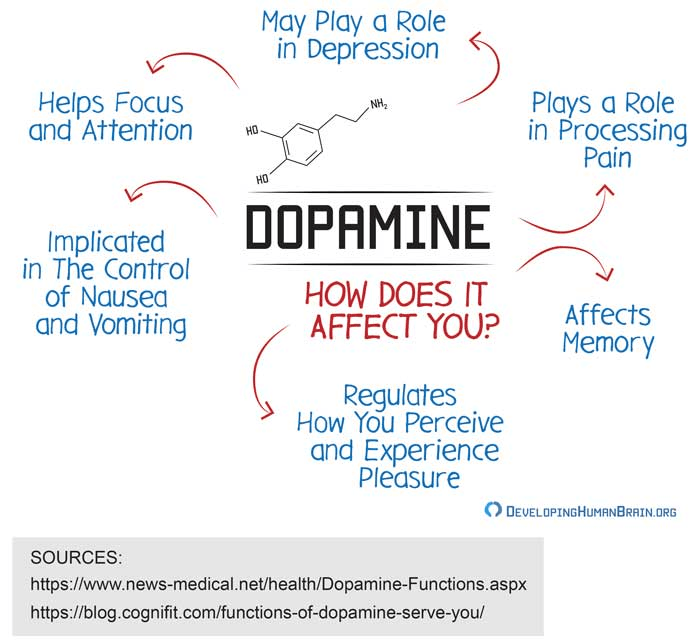 Music is a way of escapism, and it turns out that escaping reality into it can be not only pleasant, but also useful. For a person who is engaged in it and loves this activity, this is an affordable and natural way to release some of the experiences. Such “therapy” is more accessible, cheaper and will not answer with some “you just don’t try” or “get it together, rag”, from which it only becomes harder for a person. Perhaps that is why music and creativity in general attract people who are going through hard times?
Music is a way of escapism, and it turns out that escaping reality into it can be not only pleasant, but also useful. For a person who is engaged in it and loves this activity, this is an affordable and natural way to release some of the experiences. Such “therapy” is more accessible, cheaper and will not answer with some “you just don’t try” or “get it together, rag”, from which it only becomes harder for a person. Perhaps that is why music and creativity in general attract people who are going through hard times?
What about the fact that clearly something does not fit in the pair "lack of strength and motivation in depression" and "explosion of creative energy"? Harvard University's Shelley Carson, already familiar to us, explains it this way: “Recent research into mood disorders and creativity patterns suggests that it may not be depression itself, but recovery after it that inspires creative work. (…) In other words, creative productivity is associated with changes in mood for the better. ” That is, creativity accelerates at the moment of either a person's departure from a depressive episode, or during the transition to a state of mania or hypomania in bipolar disorder. Such a rise, Carson argues, does not only occur after a depression. It can also be achieved by more humane methods: for example, a healthy person will experience a similar enthusiasm if you give him an unexpected gift or somehow please him.
” That is, creativity accelerates at the moment of either a person's departure from a depressive episode, or during the transition to a state of mania or hypomania in bipolar disorder. Such a rise, Carson argues, does not only occur after a depression. It can also be achieved by more humane methods: for example, a healthy person will experience a similar enthusiasm if you give him an unexpected gift or somehow please him.
Keeping these arguments in mind and comparing them to the big picture may make it easier to understand why creation attracts musicians in depression and why the myth of the "suffering artist" is greatly exaggerated and harmful.
How music helps with depression | Sound
Music can help
March 24 is International Depression Day. It is celebrated to pay special attention to mental health problems. Depression is a serious and common condition that requires medical treatment.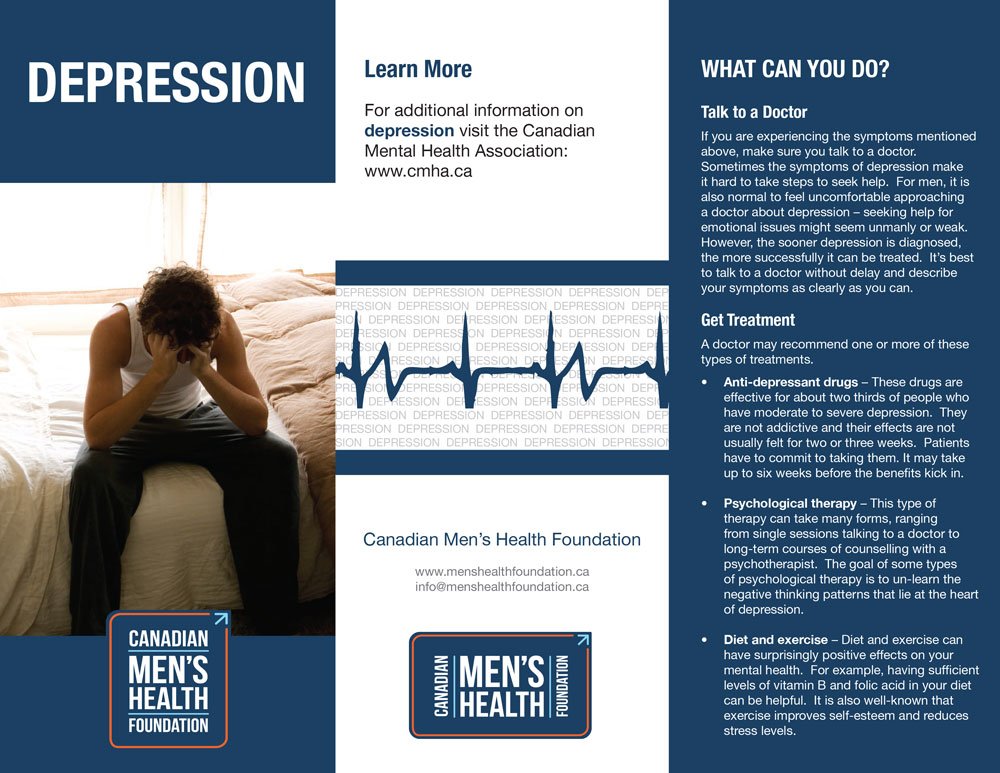 At the same time, there are different ways to alleviate the condition or help yourself, and music is one of the most effective.
At the same time, there are different ways to alleviate the condition or help yourself, and music is one of the most effective.
Music therapy (MT) is a separate broad topic, the development of which has been going on since ancient Greece. As the philosopher Porfiry wrote in The Life of Pythagoras, “[Pythagoras] healed mental and bodily suffering with rhythm, songs and incantations. He adapted this approach to his companions - and he himself heard harmony in everything, because he could realize the unity of the spheres and the harmony of the stars moving with them.
For everyone who is not as brilliant as Pythagoras, there are specialists - music therapists. Direct therapy divide into active, receptive and integrative. Active involves creating and performing music. Receptive - listening to it. And the integrative one connects the impact of music with other types of creativity.
Among the improvements noted due to music therapy are the following:
- Decreased muscle tension;
- Increased self-esteem;
- Anxiety reduction;
- Improved personal relationships;
- Increased motivation;
- Safe release of emotions.
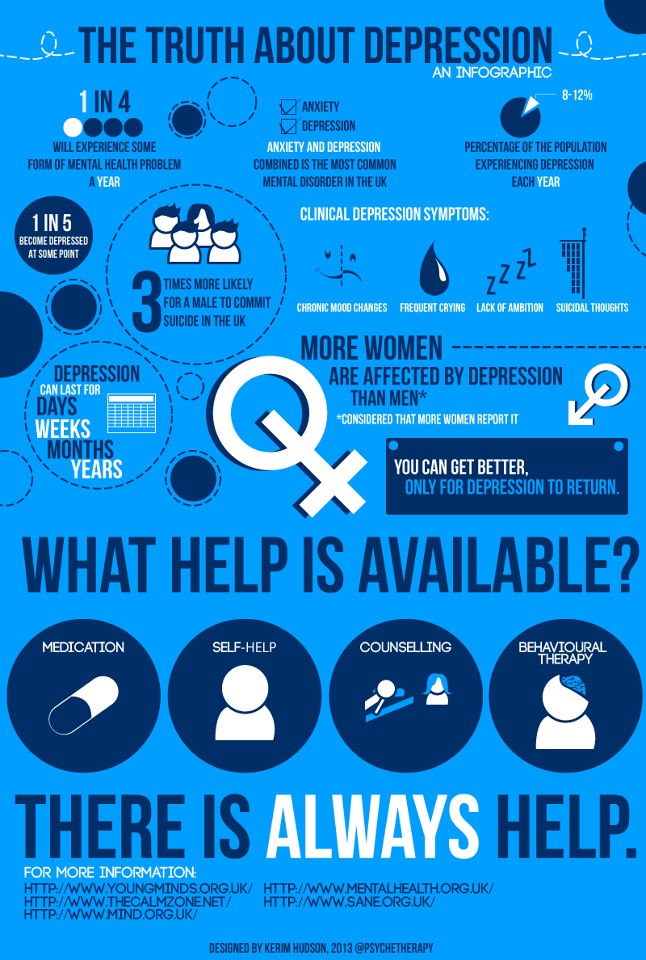
Study #1: Music + Traditional Therapy = Greater Effectiveness
The study, published in British Journal of Psychiatrist and cited Mindbody7 , involved 79 people aged between 18 and 50 with diagnosed depression. 90,034 46 participants received traditional care, including therapy sessions, medications, and psychiatric counseling. The rest received the same treatment, but in addition, once every two weeks, active music therapy sessions were performed, in which music was created using a sonic hammer, acoustic drum and other percussion.
Result: After three months of treatment, the music therapy group showed a significant improvement in depressive symptoms compared to the control group.
Researchers at the Cochrane Library, an international collection of databases on medicine and public health, came to the same conclusions. They analyzed first five and then nine studies and confirmed that music therapy in combination with traditional therapy is effective for patients with depressive disorders.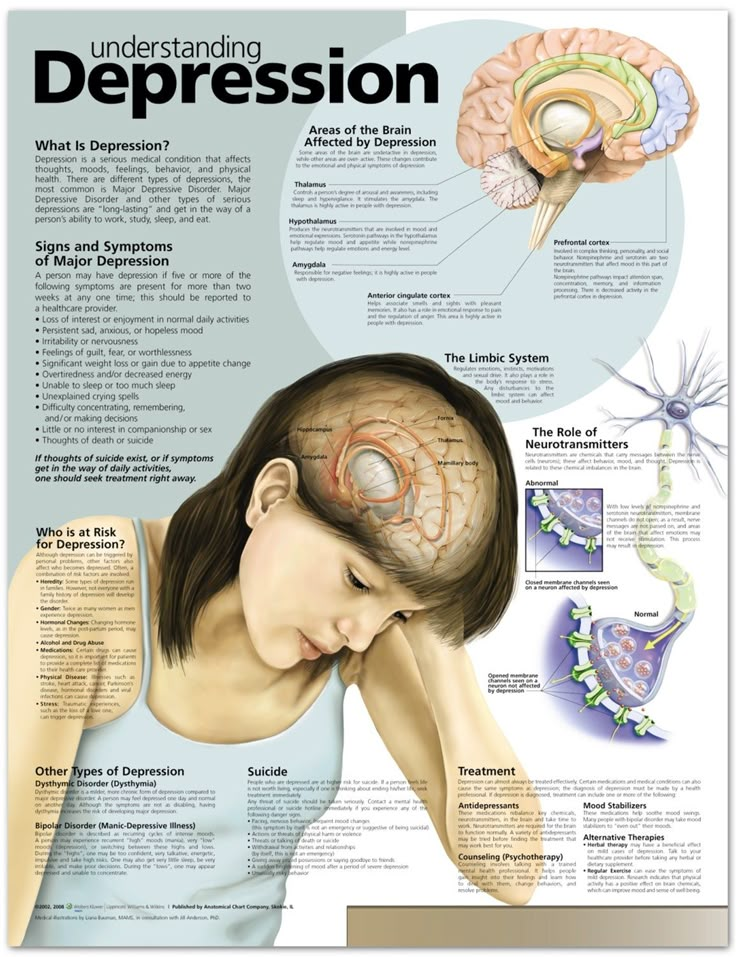
Study #2: Music Therapy Reduces Depression in Children and Adolescents
Researchers at Bournemouth University found that children and adolescents 8 to 16 years of age who received music therapy in addition to talking therapy experienced significant improvements in self-esteem and social skills, while other symptoms of depression decreased.
Study #3: Music helps produce dopamine and oxytocin while lowering cortisol
This is the conclusion of the Global Council for Brain Health (GCBH). The results of their study published on the AARP website, an organization focused on the problems of people over the age of 50.
"There is moderate evidence for the ability of music therapy to influence cortisol levels to reduce stress," says a report titled "Music on Our Minds: Music's Rich Potential for Improving Brain Health and Mental Well-Being." - There is less evidence that music therapy and singing promote the release of oxytocin, the feel-good hormone [note: still they are ]. Either way, music therapists and psychologists often recommend listening to music as an accepted, accessible, and non-invasive way to help people cope with stress and stress-related health issues.”
Either way, music therapists and psychologists often recommend listening to music as an accepted, accessible, and non-invasive way to help people cope with stress and stress-related health issues.”
Among the recommendations mentioned by GCBH:
- Make music a part of your life - it improves its quality;
- Dance, sing or move to music;
- Enjoy listening to familiar music that soothes you and evokes positive memories. This stimulates the release of dopamine;
- Try listening to new music - unfamiliar tunes stimulate the brain, providing a new source of pleasure;
- Listen to music to motivate you to exercise;
- Don't delay your hearing test if you notice problems;
- Compose music - it increases brain activity, giving a sense of self-respect;
- Try making music with other people by singing or playing an instrument. Or join a group - it gives a sense of cohesion and belonging.
Study No. 4: what kind of music to listen to during depression
During depression, sometimes you want to listen to sad music - in a peculiar way, reach the bottom and quickly swim to the surface.
Sandra Garrido of Western Sydney University notes the following feature of depression: people lose motivation to change and stop thinking clearly. Their cognitive abilities are declining in several areas at once. Those who have a tendency to the clinical course of the disease react to music in different ways.
An experiment was conducted - several people were asked to independently choose two pieces of music: from which they are sad and which makes them happy. After studying the response, the researchers found that people who were particularly prone to rumination felt more depressed after listening to sad music.
Rumination, a frequent manifestation of depression, is a tendency to dwell on negative thoughts, get stuck and not be able to get rid of them. Apparently, listening to sad music only reinforces negative thinking. So if some people benefit from crying to Adele's latest album, it will only hurt others.
In general, sad songs tended to make study participants feel worse.